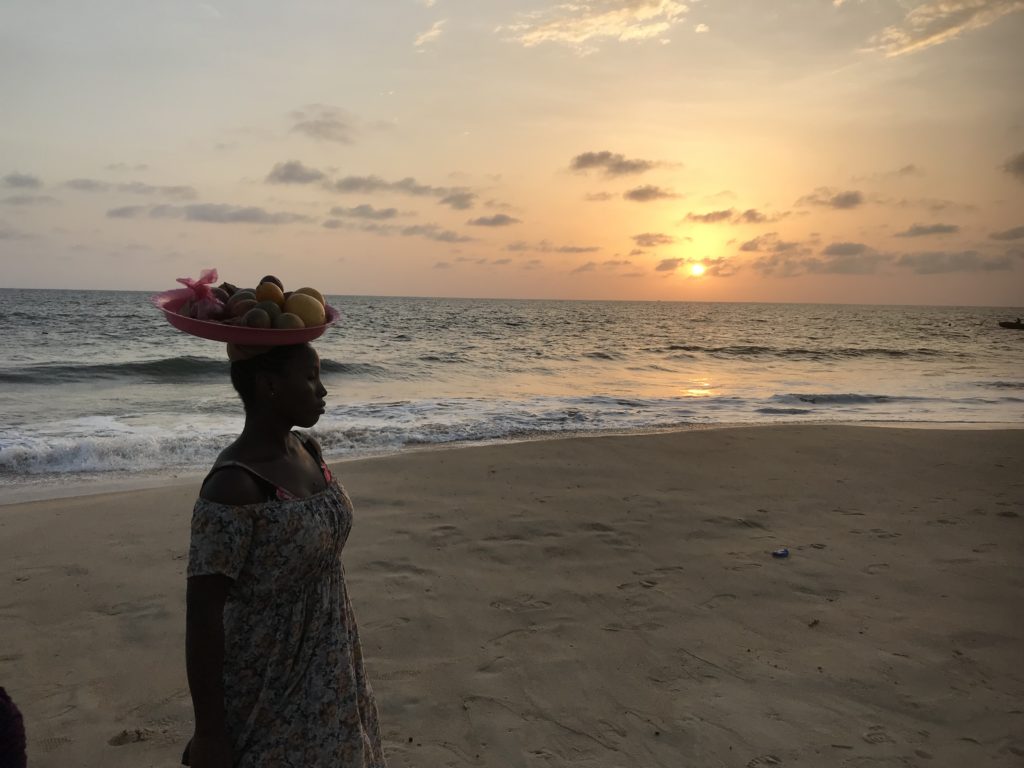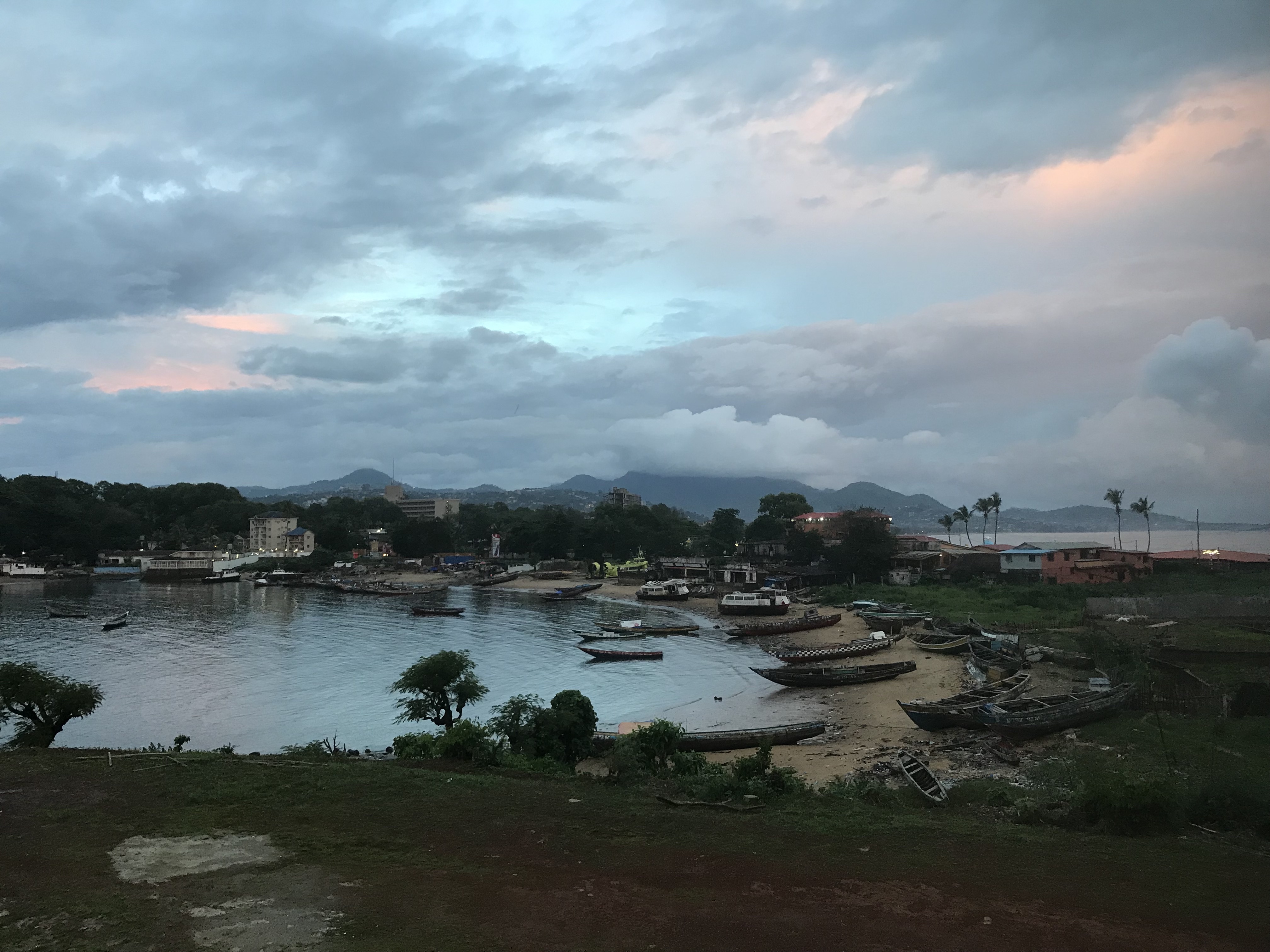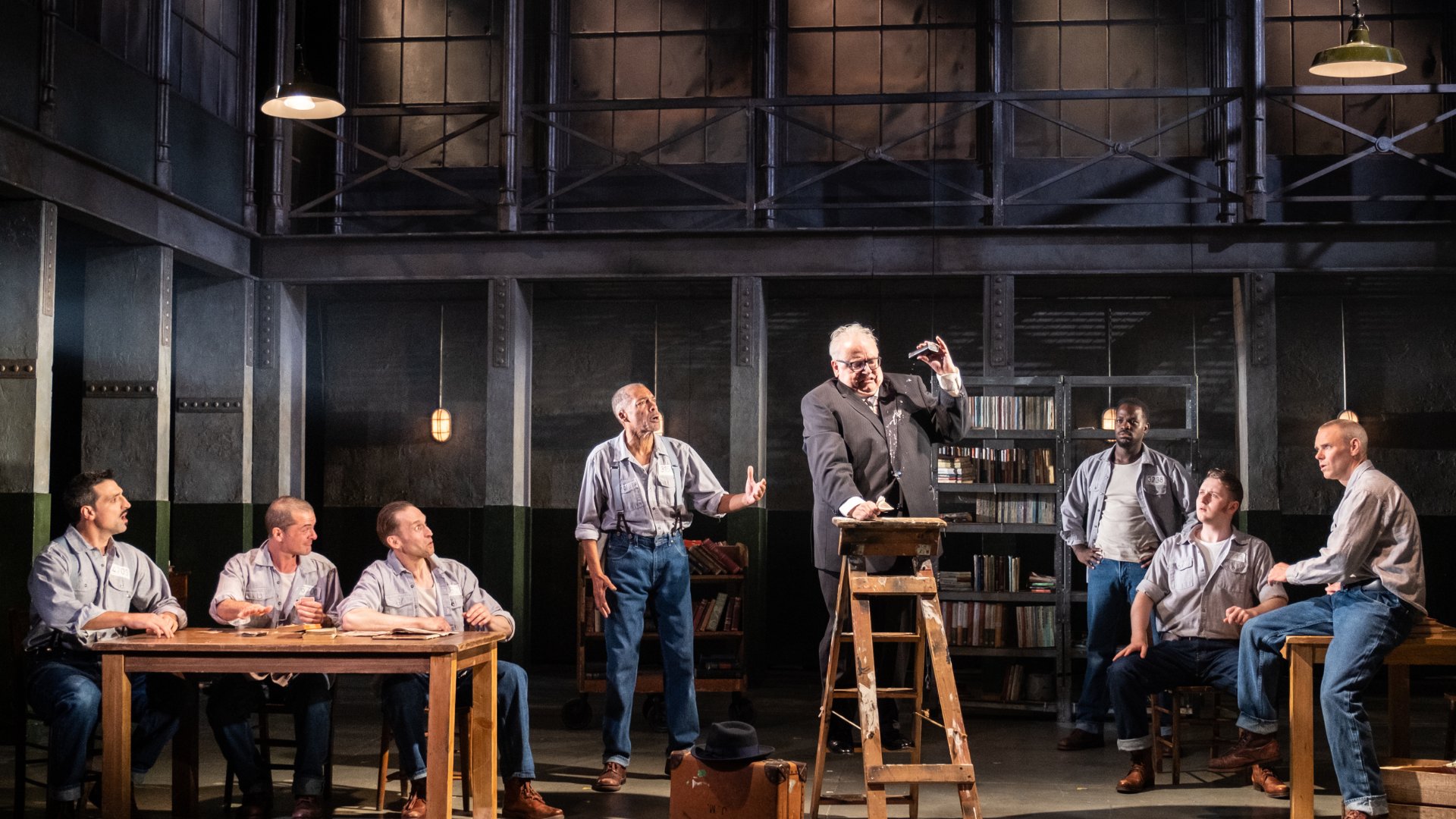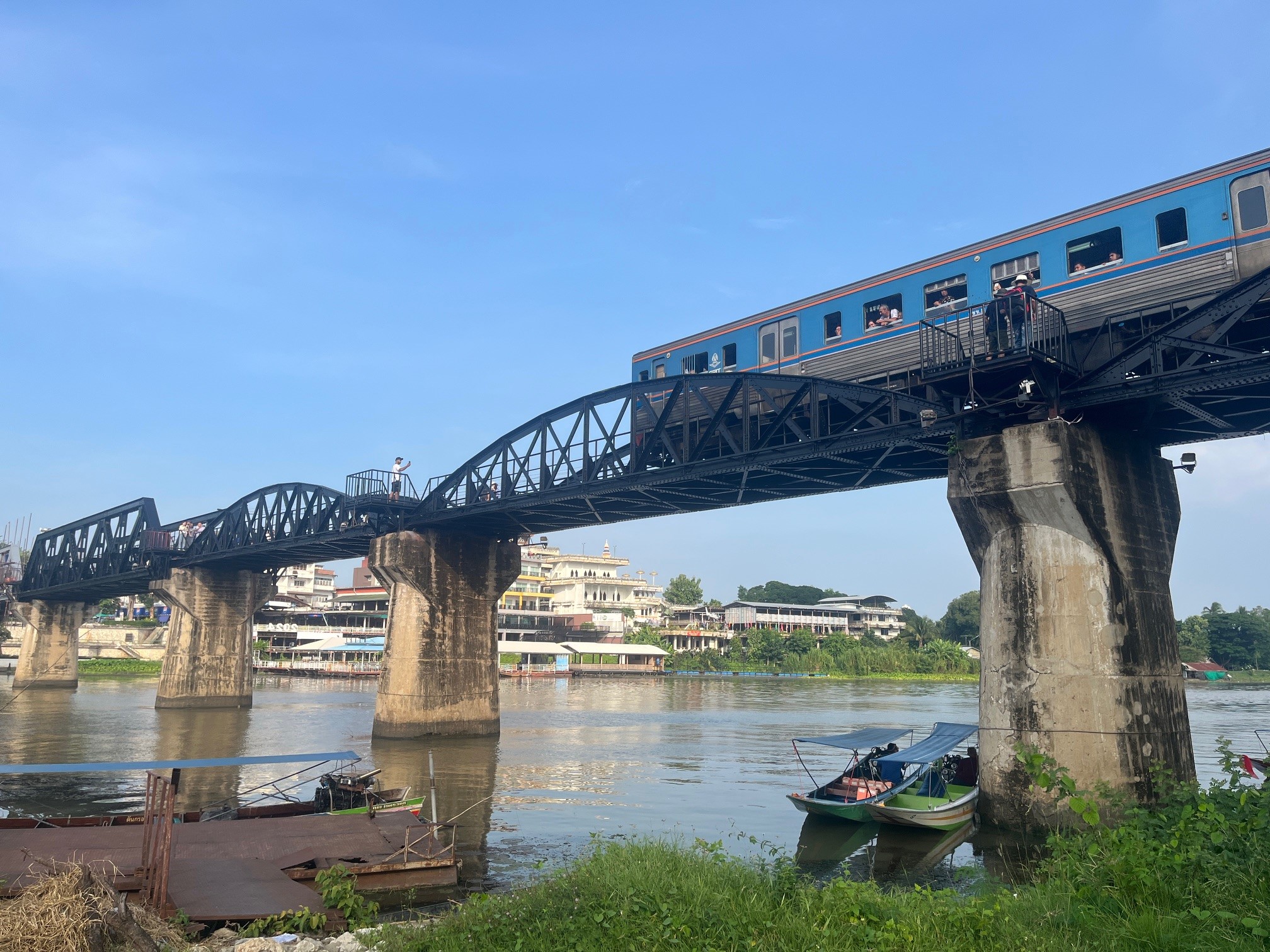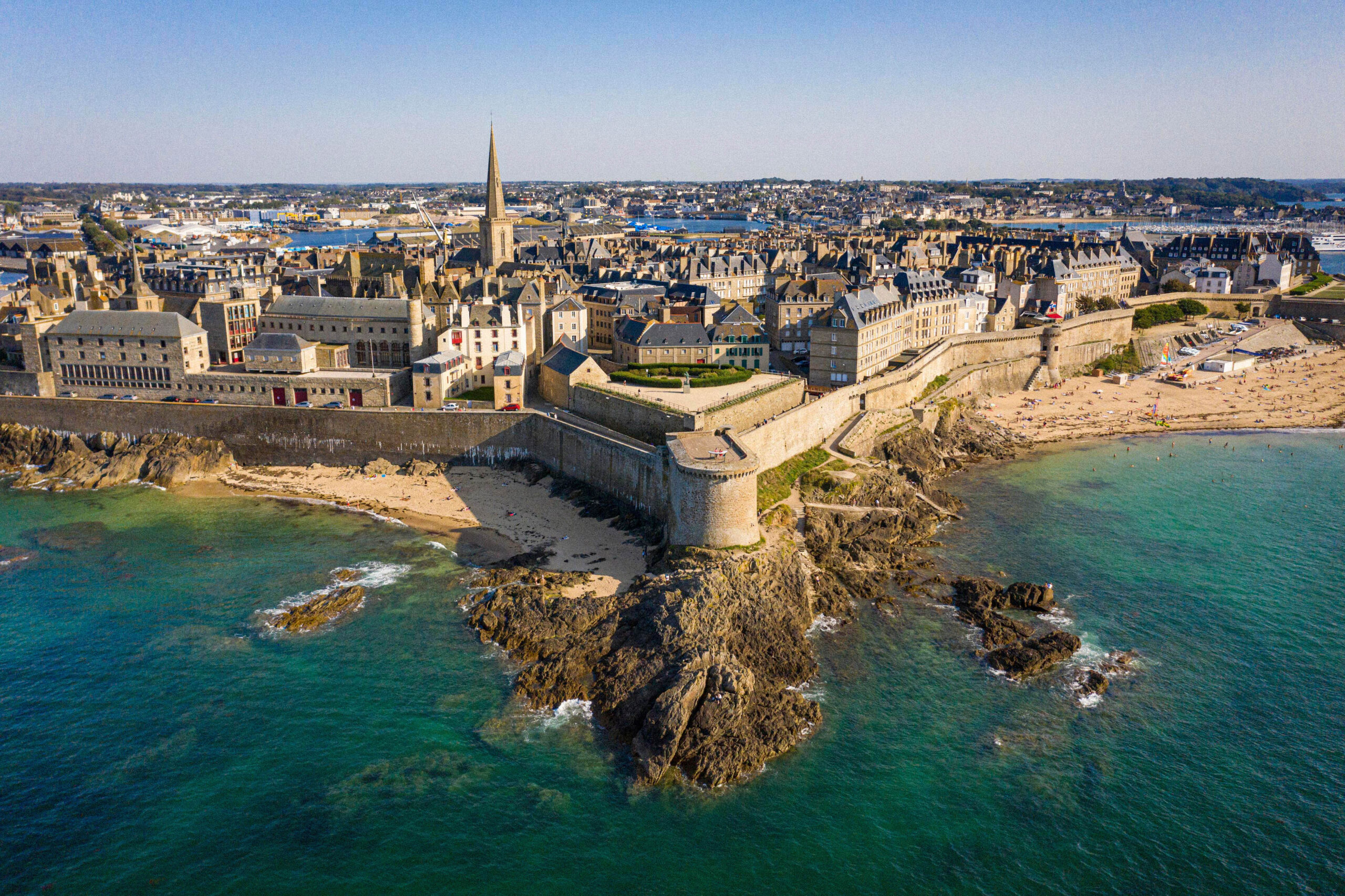When I tell my acquaintances that I am getting ready to travel to Sierra Leone, they invariably ask me if it is not too dangerous. The country’s name is associated with civil war and more recently with the Ebola epidemic. Many remember scenes from the movie « Blood Diamond » where Leonardo Di Caprio runs away from his pursuers in the streets of Freetown, the capital city (the film was actually shot in locations in South Africa and Mozambique). However, during my two recent trips, I mainly enjoyed beautiful walks along the beach at sunset, observing the fishermen’s comings and goings.
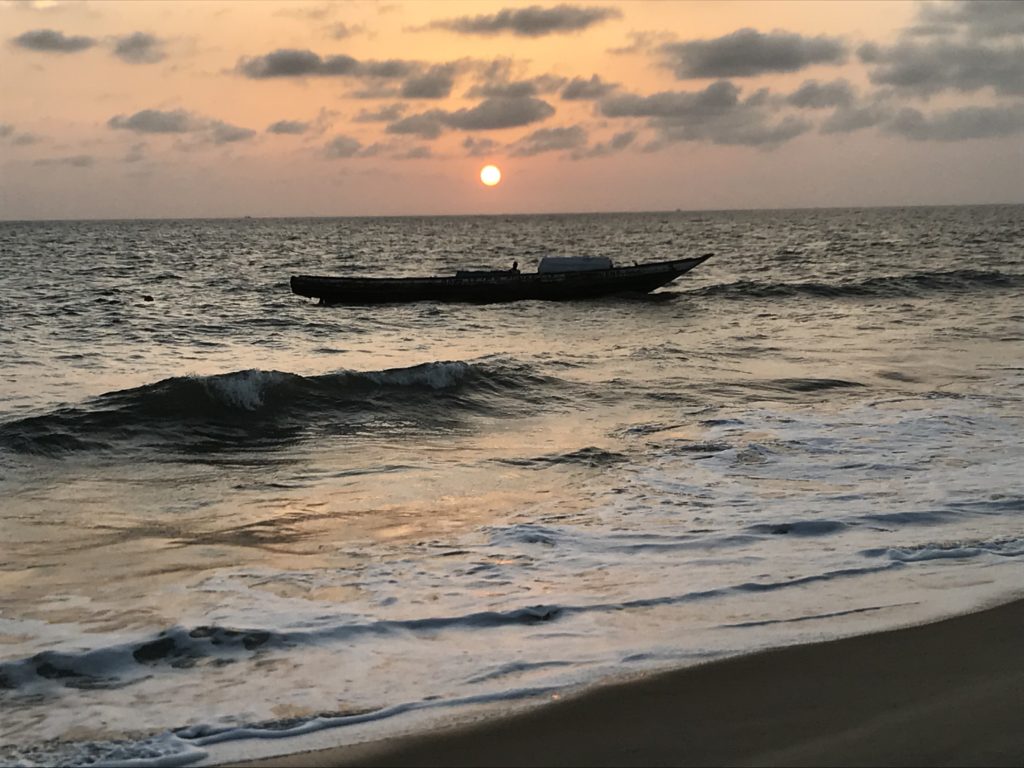

If peace and calm thankfully came back to the country, the civil war years still haunt the books written by authors from Sierra Leone. I first read « A Long Way Gone. Memoirs of a Boy Soldier” by Ishmael Beah. This story was on my children’s reading list in middle school. I had been intrigued by it and decided to take it with me for my first trip to Sierra Leone. The author describes his itinerary as a child-soldier: his simple life before the conflict, the war rumors getting closer, the day when his village got attacked by the rebel forces splitting his family apart, his wandering with friends before being forcefully recruited into the government’s army. The lieutenant who drafted them explains that they have no other option to contribute to the war effort and urges them to “avenge their families”. Ishmael becomes a warrior. He receives the order to kill prisoners and gets drugs to give him courage to fight. Until one day UNICEF shows up at his camp to gather the child-soldiers and bring them in a reeducation center in Freetown. This proves to be a long process, with many ups and downs, but in the end, Ishmael is selected to bear witness of his experience in New York.
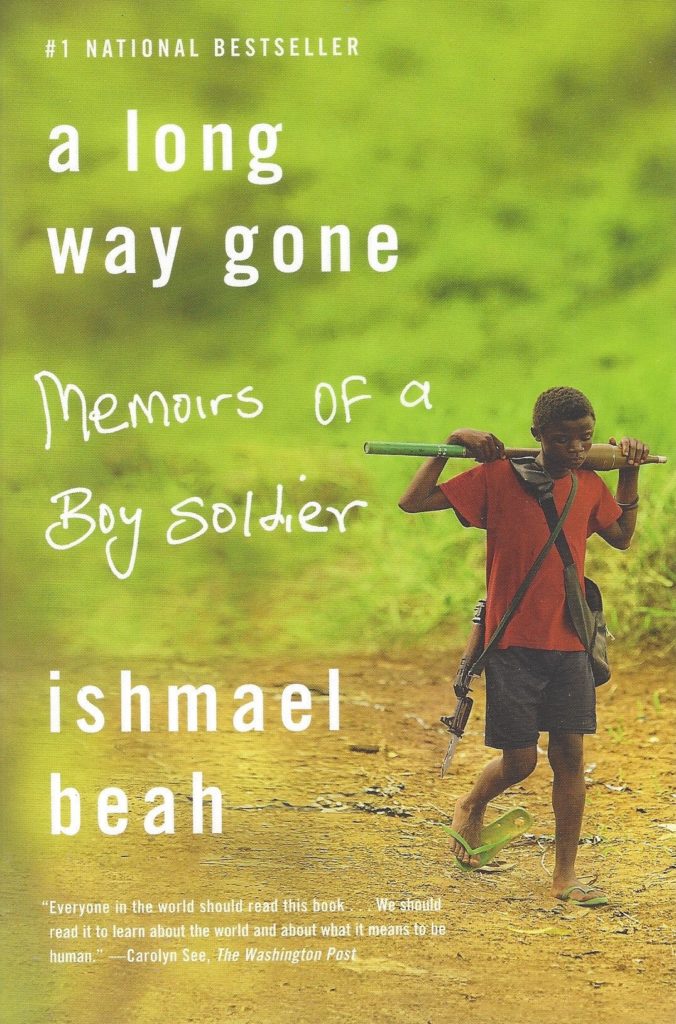
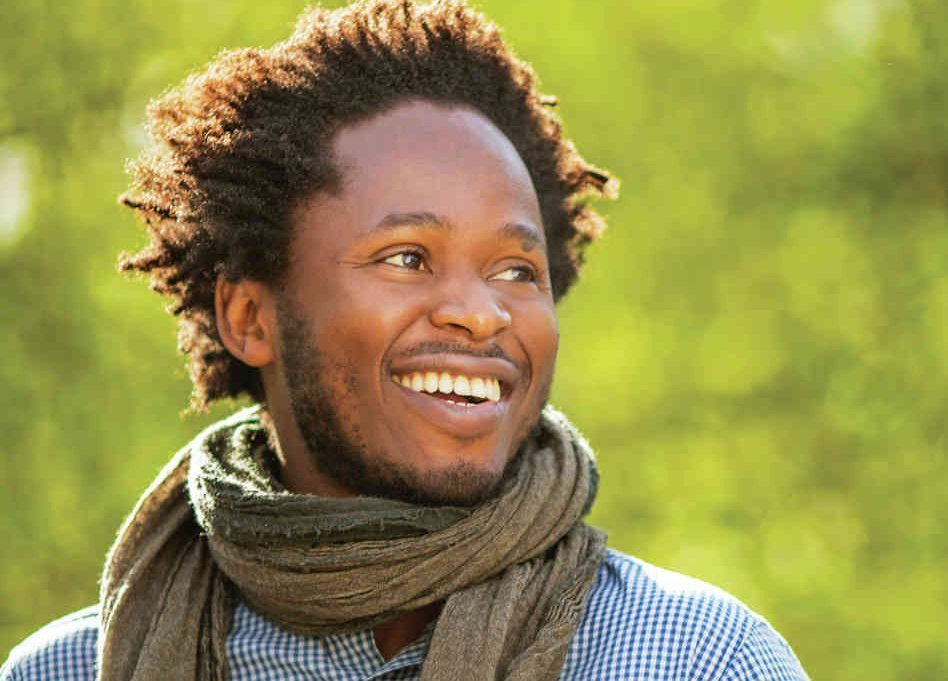
Despite a somewhat opaque controversy about the authenticity of some facts, it is a well written book which shows how fast the children were led into war and its horrors, that the line between victim and perpetrator is very difficult to draw and how much the path to break free from the spiral of violence is steep and perilous.
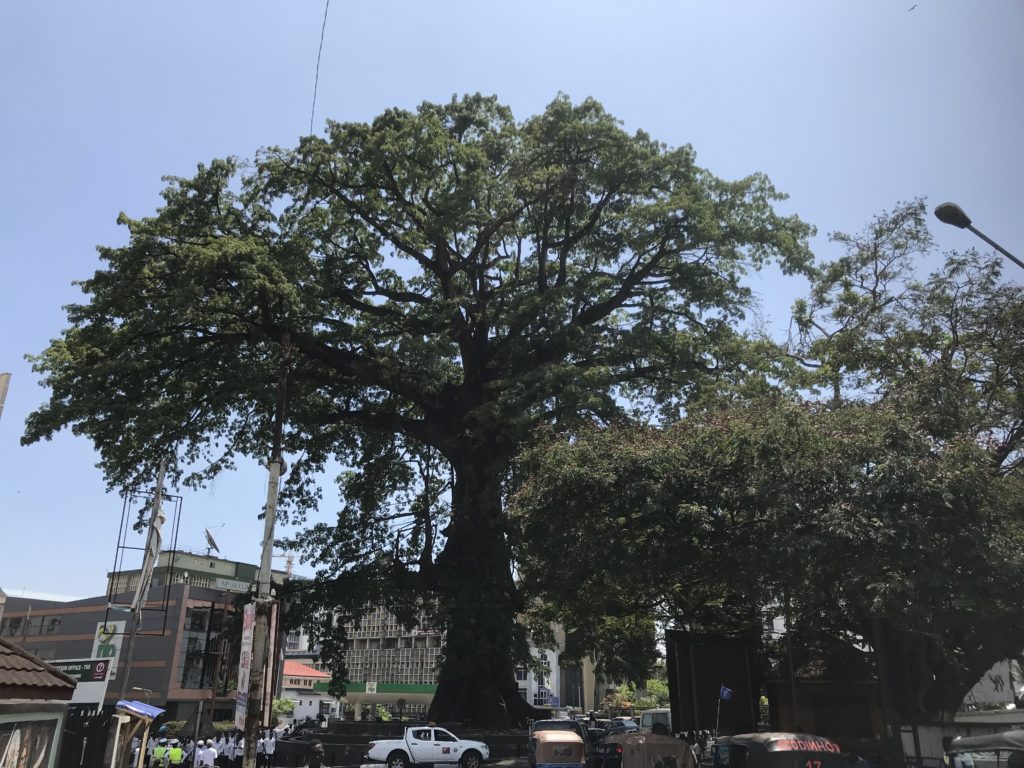
Aminatta Forna’s superb novel « The Memory of Love” addresses the war in a much less direct, but not less pregnant way. The writer mixes love stories going over several generations and so doing highlights the wonderful city of Freetown perched over several hills easing into the ocean.
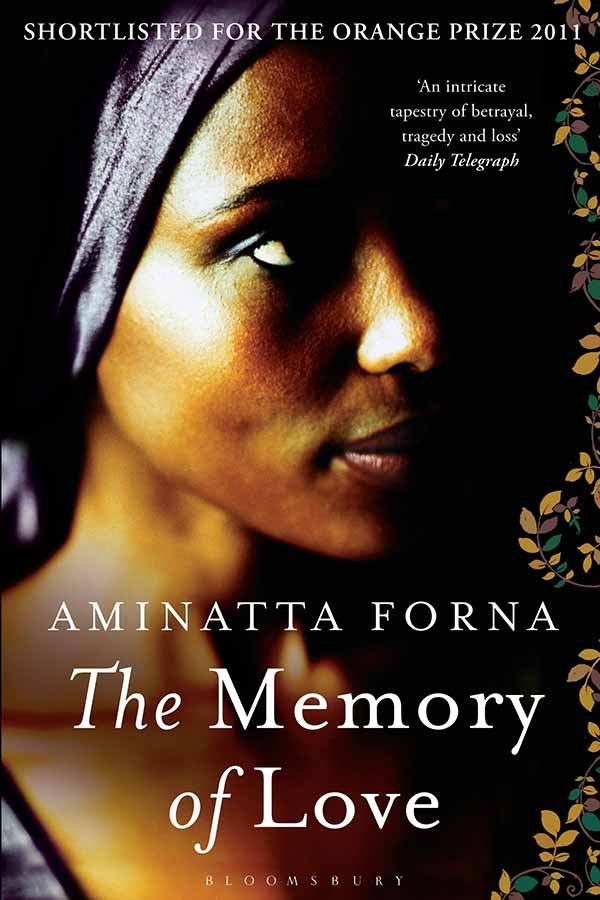
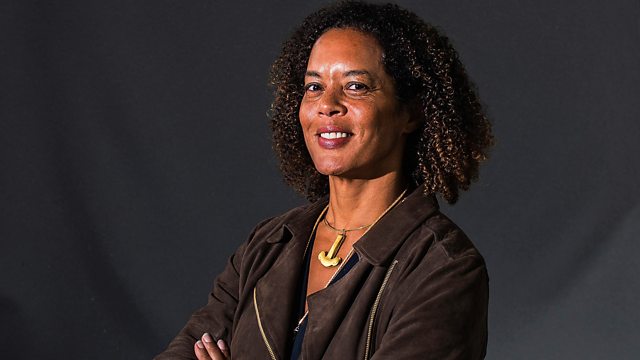
Elias Cole is an old man finishing his life in a hospital room. As a former academic he reminisces with nostalgia the years that followed independence. The future was full of promises. Julius, his colleague, was busy preparing a party to celebrate the moon landing, while Elias was attracted like a magnet by Saffia, Julius’s wife. The morning after the party both Julius and Elias are arrested by the political police. But Elias is released while Julius dies in jail.
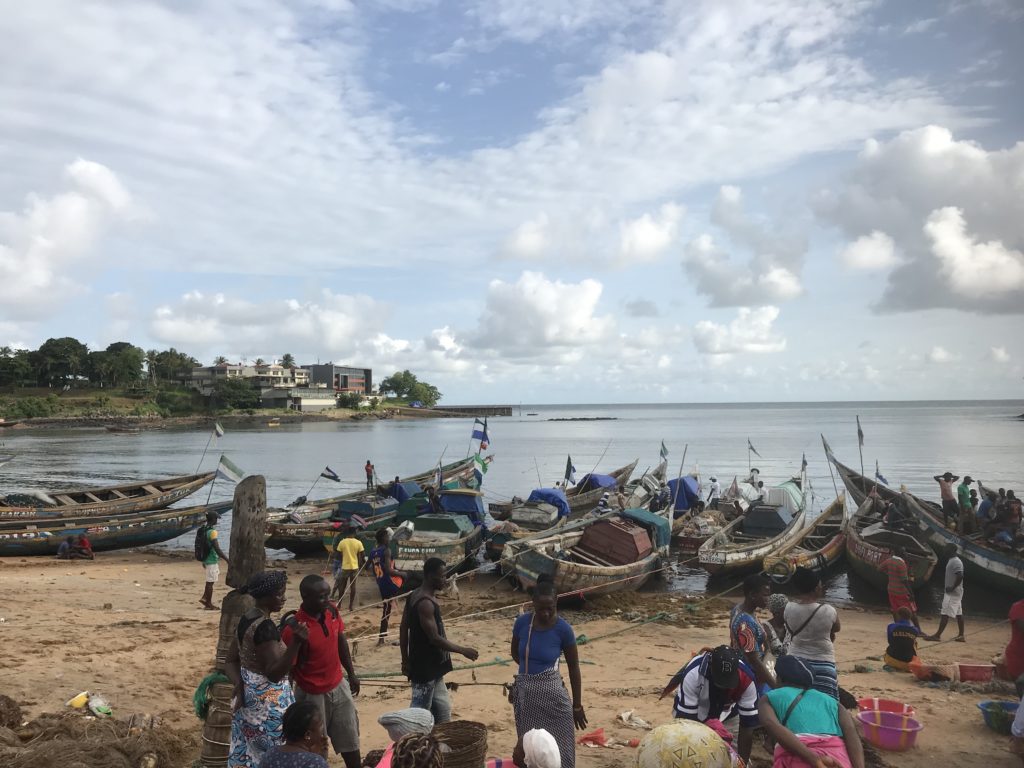
Adrian Lockheart is an English psychologist who left a crumbling marriage in the UK to try to « make himself useful » in Sierra Leone just after the civil war. His main patient is Elias Cole who confides to him. At the hospital Adrian shares a room for the staff on call with Kai Mansaray, a local orthopedic surgeon. Kai devotes himself body and soul, night and day in a country where crushed, exploded and amputated limbs are common place. His devotion is such that it seems like a way to forget his past love for Nenebah.
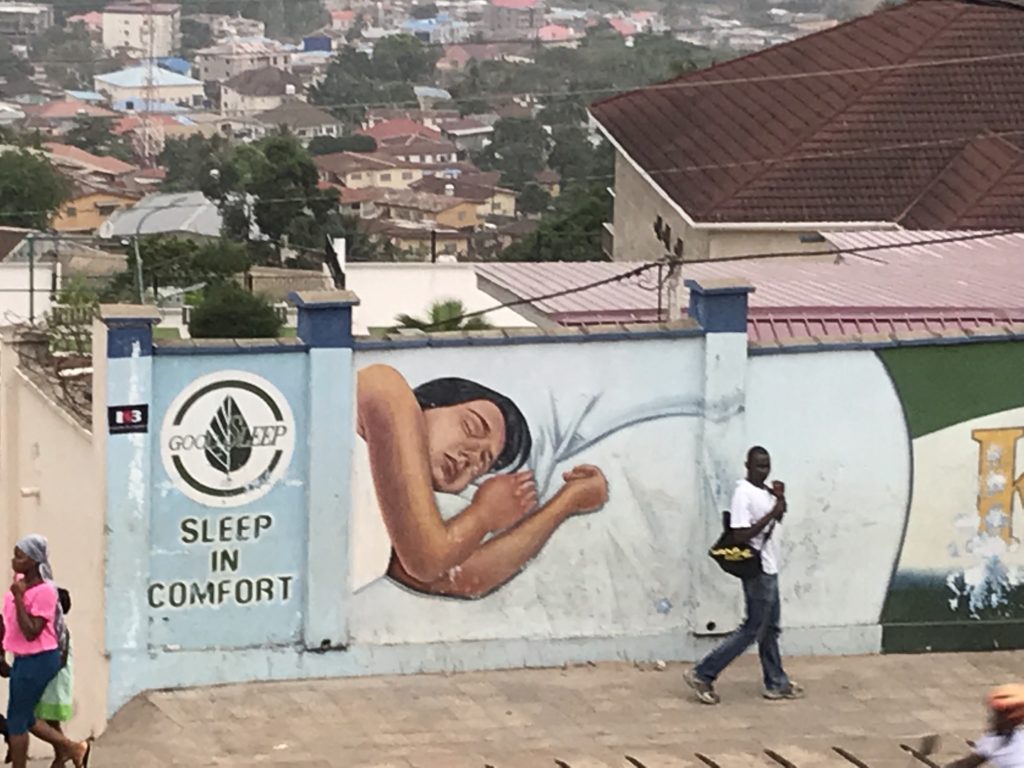

Elias, Adrian and Kai, none of them escapes from the memory of love, whose presence, not unlike an amputated limb, remains throbbing, despite the war, the distance or the betrayals. The three stories develop, apparently in parallel, until Adrian falls in love with Mamakay, a young woman he meets in a bar.
